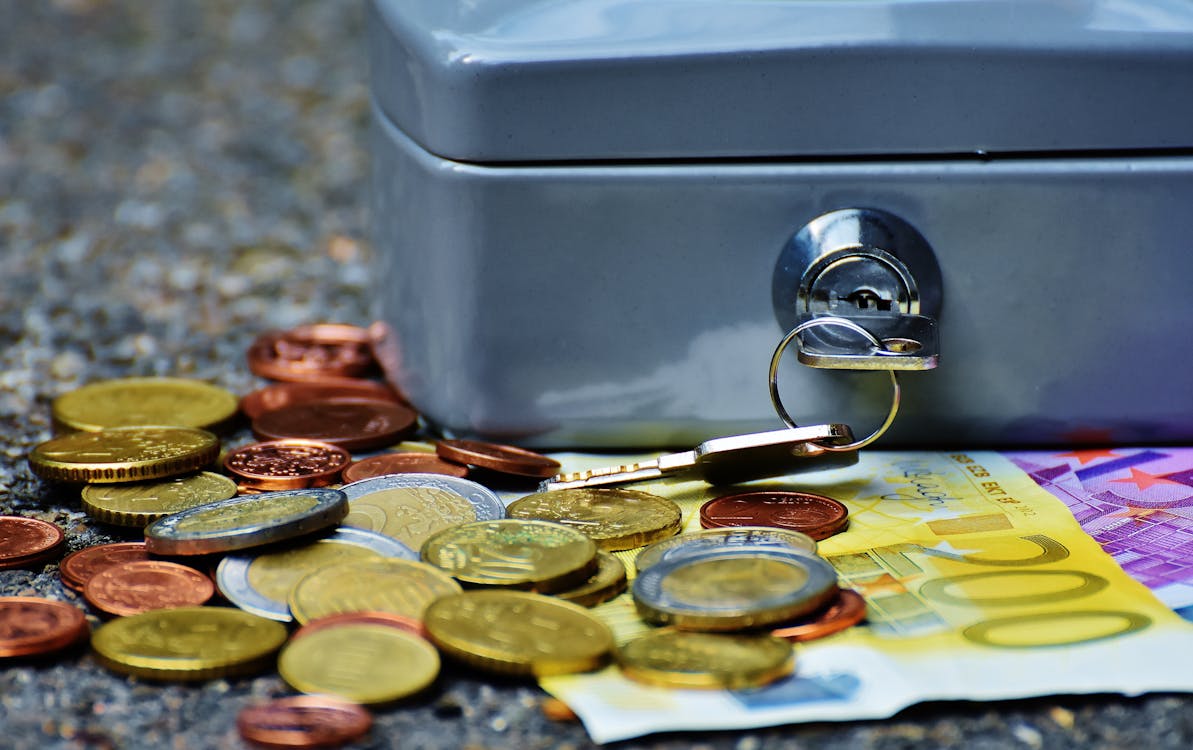Incorporation of a bank in EU

Incorporation of a bank may seem to be rather far and unreachable goal, but in fact this destination is not so much different from incorporation of any other legal entity. Surely, due to the involvement of other people savings and possible crucial effect on a country's overall economy, it is important that banks are subjected to stricter regulations and frequent audits.
European Commission and European Central Bank work together in order to strengthen the Economic and Monetary Union. One of the tools developed to navigate towards the above mission is a Single Supervisory Mechanism which grants an authority for ECB to conduct supervisory reviews and inspections, ensure compliance with EU rules, set higher capital requirements as well as grant or withdraw banking licences. Nevertheless, each EU member state can have slightly different procedures and requirements regarding incorporation of banks.
Comments
Post a Comment